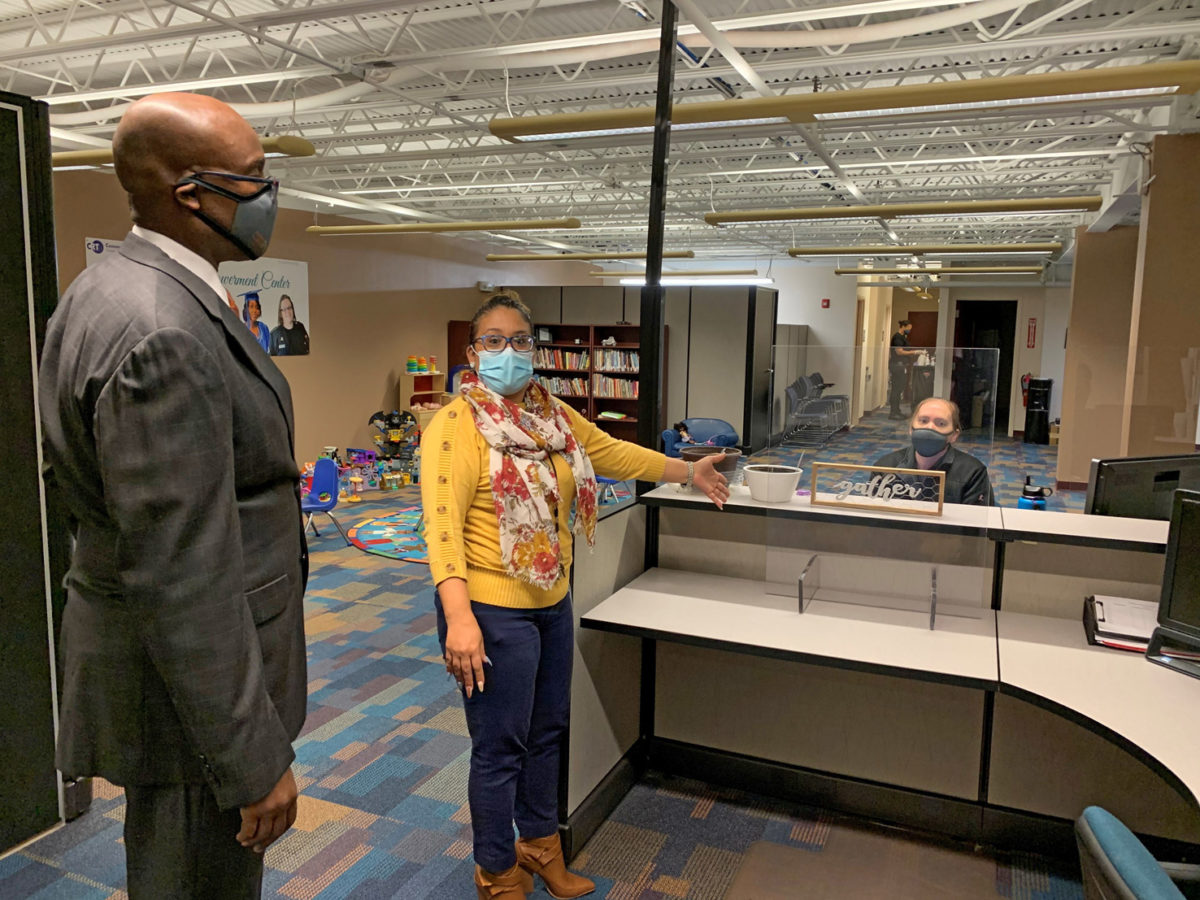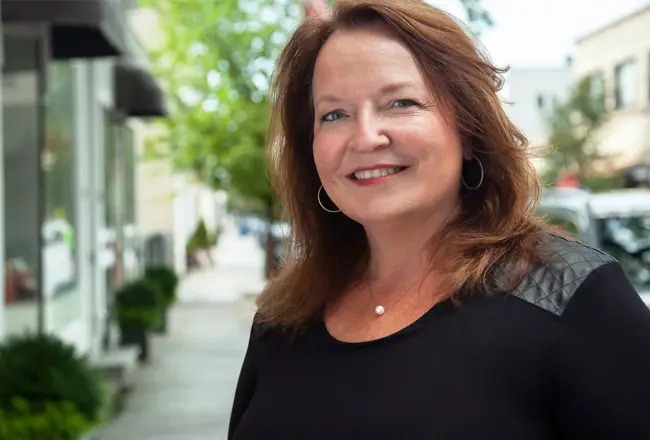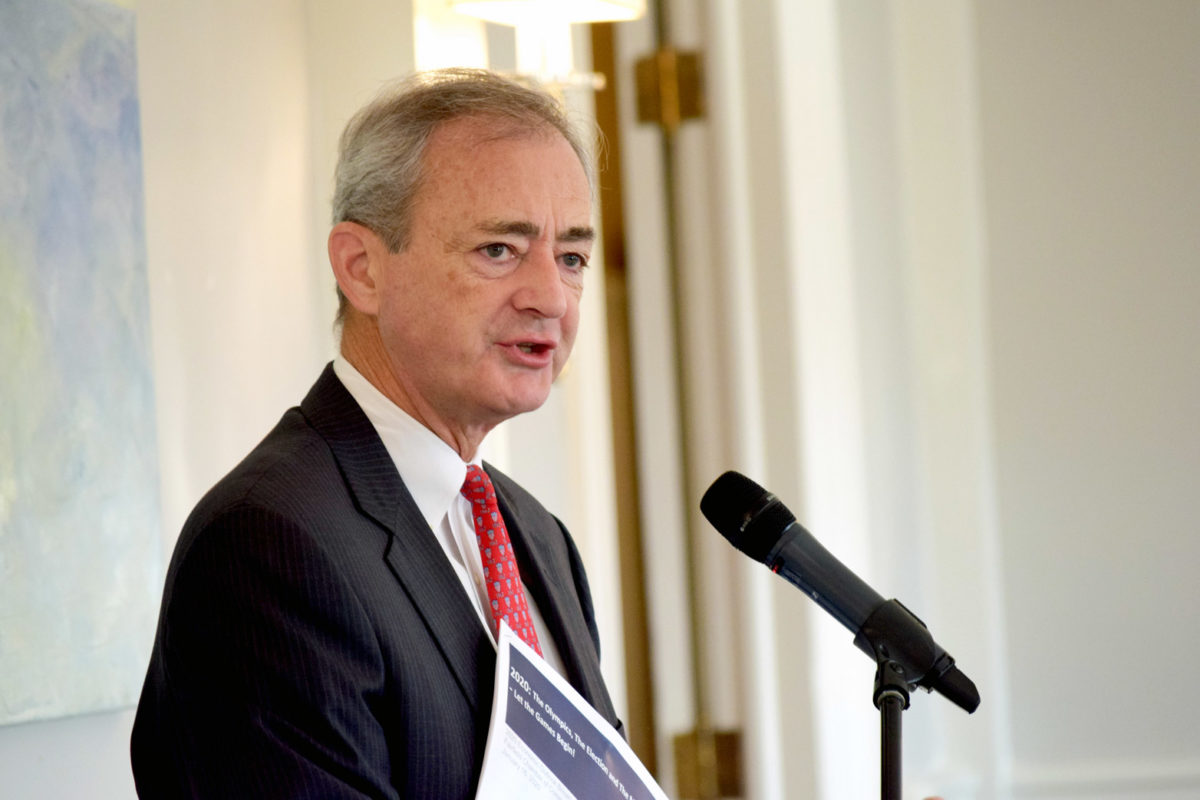Enrollment numbers at Access Health CT, the state health insurance exchange, are trending upward. That is normally a positive sign, but as its CEO James Michel notes, 2020 is hardly a normal year.
“We don”™t have specific numbers yet,” Michel told the Business Journal, “but we are definitely seeing an upward trend.” By the end of open enrollment, which began Nov. 1 and is scheduled to conclude on Dec. 15, “we could see numbers higher than we had last year.
“But we expected that,” he continued, “because so many people are now unemployed, and most people get their health insurance through their employer.”
Last year, AHCT reported that 107,833 residents enrolled during the 2019 open enrollment period, compared with 111,066 people in 2018. Both of those periods were extended beyond their original six weeks, with a fair chance that will happen again this year.

According to the latest Connecticut Department of Labor data, in October the state recorded an unemployment rate of 6.1% ”“ an improvement over September”™s 7.7% and the year”™s high of 10.2% in July, but otherwise the highest it has been since January 2015.
“Hopefully by next year at this time we will not still be in the Covid period,” Michel said.
AHCT is now in its eighth annual open enrollment period, which Michel said has been “by far the most challenging. We have to do things differently and be more creative to best serve our customers.”
That extends to its in-person enrollment locations and the enrollment fairs, which traditionally were held in arenas and convention centers but obviously will not this year.
Instead, customers can attend virtual fairs by appointment via computer, tablet or smartphone; such events are available on select Mondays, Tuesdays, Wednesdays, Thursdays and Saturdays.
But in-person visits at AHCT”™s six enrollment locations ”“ which include 333 State St. in Bridgeport and 110 Prospect St. in Stamford ”“ are also still available. Customers again must book an appointment ahead of time and will be required to observe the usual safety protocols.
“Folks still prefer in-person visits for a number of reasons,” Michel said. “They may not have a smartphone or computer, sometimes there are cultural or language barriers and sometimes they just don”™t trust technology.”
In mid-November, Michel visited each of the six centers to observe and meet with employees, “and there was some culture shock for me,” he laughed. “Even though I knew they could only allow one customer into the building at a time, I was briefly taken aback by how empty the centers were. There are usually a bunch of people waiting in line.”
As a result, processing enrollments has slowed down “a little bit,” Michel said, “but we are still working to make sure that everyone looking for access to health insurance can have it.”
The AHCT chief further said that, contrary to expectations, concerns about the future of the Affordable Care Act, aka Obamacare ”“ which has been a political football since before it was signed into law in 2010 ”“ had a negligible effect on customers this year.
“They are sometimes confused about health care and health insurance, which is one of the reasons we have such great customer service representatives to address those concerns,” he said. “But I have not seen any indication at all that what has been happening in D.C. has affected our customers. Even with the Supreme Court hearing (for Amy Coney Barrett, who in the past has indicated some opposition to Obamacare), there has been zero effect so far.
“Normally when Obamacare hits the news, we”™re flooded by customer questions,” Michel said. “But the one thing that dominated this year was the election itself.”
As for whether “Bidencare” ”“ President-elect Joe Biden”™s plan to build upon Obamacare by expanding the number of people who are eligible for subsidies ”“ will make for changes to AHCT, Michel said the organization has always rolled with the punches.
“Some things that the outgoing president has done, the executive orders he has signed to limit the potential growth of the ACA, I think Joe Biden will reverse,” he said. “And that may be of some benefit to Connecticut residents.”
Top of mind is the “public charge” rule. On Feb. 24, new U.S. Citizenship and Immigration Services regulations were established to help that department determine whether applications for admission to the U.S., or applications for adjustment to immigration status, should be denied because the applicant is likely at any time to become a public charge.
“A lot of those folks who otherwise would qualify for health insurance through AHCT are now afraid of what could happen,” Michel said. “The ruling has sown confusion, I think by design.”
The AHCT executive further said that, should the “public option” being floated by state Democrats come to pass, “I think ultimately they would do so in the best interests of Connecticut residents. As I understand it, the idea would be to help more people get access to health insurance.”
One constant for AHCT is the need for every resident to have health insurance. “Before you spend any money out of pocket, you should come to us and see if you qualify for coverage,” Michel said. “Even after open enrollment ends, if you have a qualifying event ”“ you move to Connecticut, you get pregnant or married, or if you lose your job ”“ you can apply any time of year. Having health insurance is not just important ”“ it”™s critical.”





















